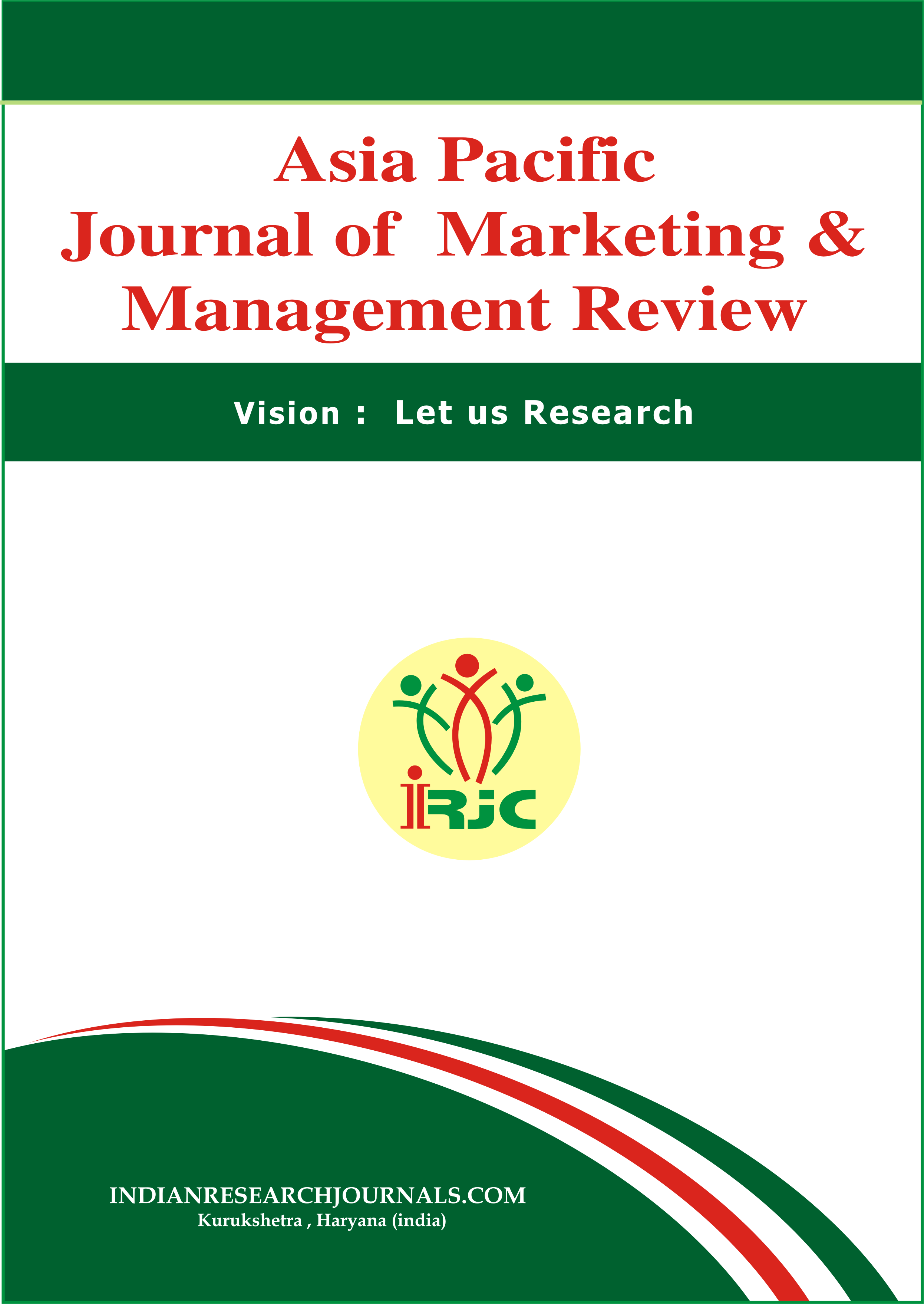METHODOLOGY FOR THE SYSTEMATIC DEVELOPMENT OF ECONOMIC KNOWLEDGE IN STUDENTS OF COMPREHENSIVE SCHOOLS BASED ON A MODERN APPROACH.
Keywords:
economic theory, economic skills, practice, knowledge, skills, ability approach, modern behaviorist (rationalistic) paradigm, modern humanitarian (phenomenological) paradigm, modern concept of lesson and class, local methods, lesson effectiveness.Abstract
According to a special official statement by UNESCO in the first half of 2024, more than 250 million students worldwide are receiving education in comprehensive schools through modernized educational methods and approaches. However, 33.8 percent of this figure is in the European Union, 21.7 percent in the United States of America, 32.5 percent in Asia and 12 percent in Africa. Based on this, the UNESCO Special Association of Schools announced an increase in funds allocated to these areas of research, based on the relevance of developing new technologies and methods in the education system on a global scale. This article touches upon the method of systematic formation of economic knowledge in schoolchildren based on a modern approach and its current aspects.
References
Ерёмин В. А. Отчаянная педагогика. М.: Владос, 2008 г.
Клименко В. В. Как воспитать вундеркинда. Критический взгляд на современную педагогику.
Кумарин В. В. Педагогика стандартности или почему детям плохо в школе. Чехов, 1996 г., 64 с.
Новиков А. М. Основания педагогики. — М. : «ЭГВЕС», 2010. — 208 с.
Онищенко Э. В. «Современная педагогика: иллюзии и реалии» .Знание. Понимание. Умение. — 2005. — № 1. — С. 181—185.
Постников М. М. Школа с уклоном в будущее. Литературная газета, 25 марта 1987 г.
Стуканов В. Г. Исправительная педагогика : учебное пособие /В. Г. Стуканов. — Минск : Акад. МВД Респ. Беларусь, 2013. — 395 с.
Downloads
Published
Issue
Section
License
Copyright (c) 2024 GEJournals

This work is licensed under a Creative Commons Attribution-NonCommercial-NoDerivatives 4.0 International License.





